IAHS News
The latest articles and updates from the HSJ Digest
Welcome to the December edition of the HSJ Digest, our bi-monthly synopsis of the latest news from Hydrological Sciences Journal. As 2024 draws to a close, we celebrate six consecutive months of record numbers of accepted articles, boosted in no small part by our current Special Issues (detailed later in this edition). Find links to Issues 13 and 14 of HSJ, including four Open Access papers, the Editors’ choice of Featured Articles and a further article of particular topical interest. And in our regular profile of HSJ people, meet Dr Stacey Archfield, one of the journal’s five Co-editors.

Boosting Engagement in the Digital Water Globe (DWG)
Dear IAHS Officers, we hope this message finds you well.
As you know, the Digital Water Globe (DWG) is a vital IAHS initiative designed to enhance collaborative research within IAHS and across the broader hydrological community. One of the key benefits of the DWG is that it offers an accessible overview of the IAHS family, acting as our "business card" for those new to our community who wish to learn more about who we are.
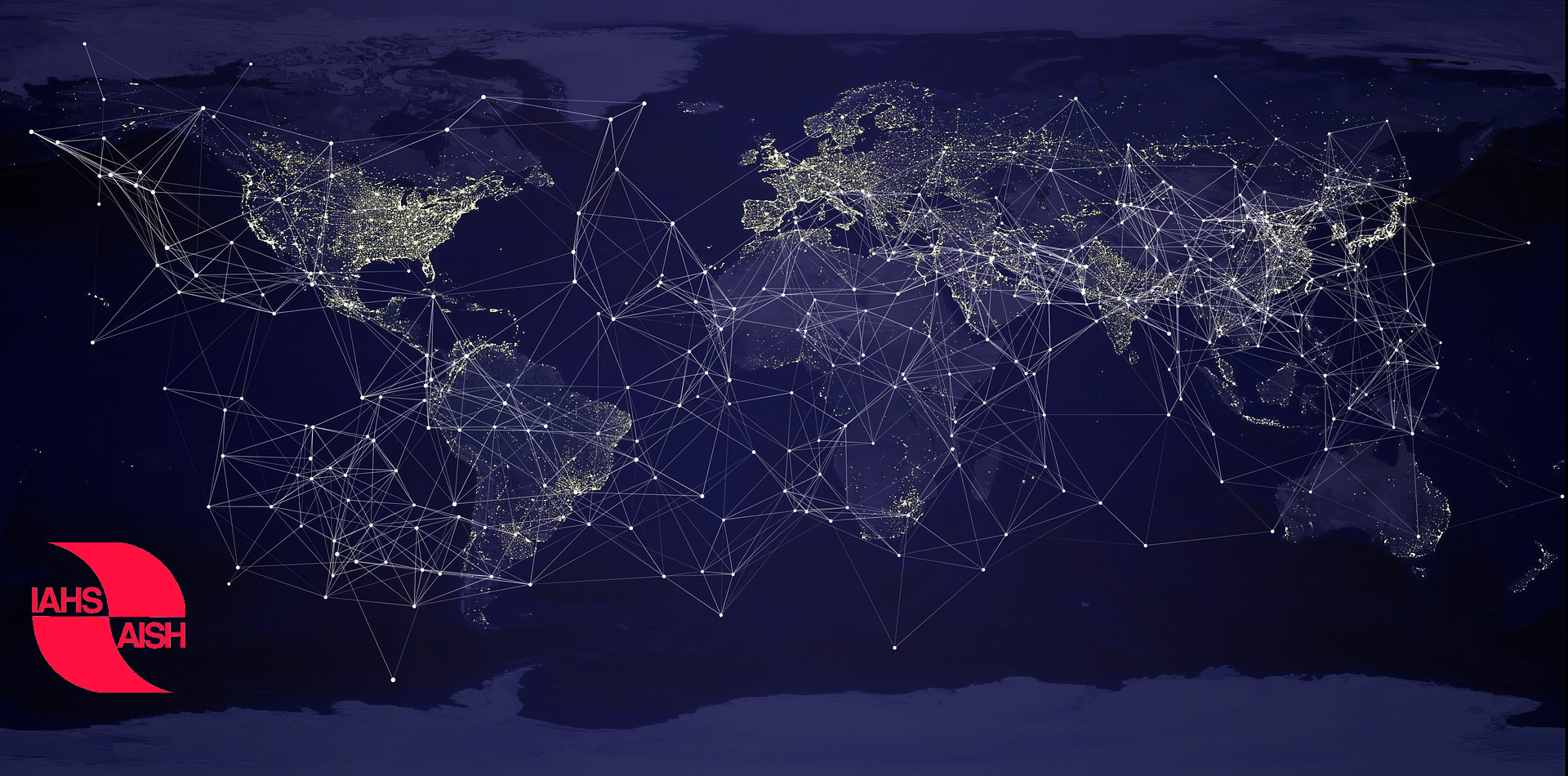
For the DWG to fulfil its purpose effectively, it is crucial that all IAHS officers upload their personal profiles. Unfortunately, recent monitoring has shown that only 30% of officers have completed this step. Without broader participation, launching new DWG-related initiatives may prove counterproductive.
Creating your profile is quick and straightforward, taking just five minutes. To support you, you will find a comprehensive set of user manuals on our website which will guide you through the process. While the platform is intuitive, this document should answer any questions you may have.
We kindly ask that you complete your profile by 30th March to help ensure the DWG becomes a valuable and impactful resource for the entire hydrological community.
Your participation is vital to the DWG's success, and we greatly appreciate your time and effort in supporting this initiative. Should you have any questions or require further assistance, please don't hesitate to reach out.
Thank you for your commitment to advancing hydrological science.
IAHS Secretariat
Introducing the New HELPING Chair: Professor Thom Bogaard
We are delighted to welcome Professor Thom Bogaard as the new Chair of the IAHS HELPING Decade, starting January 2025.
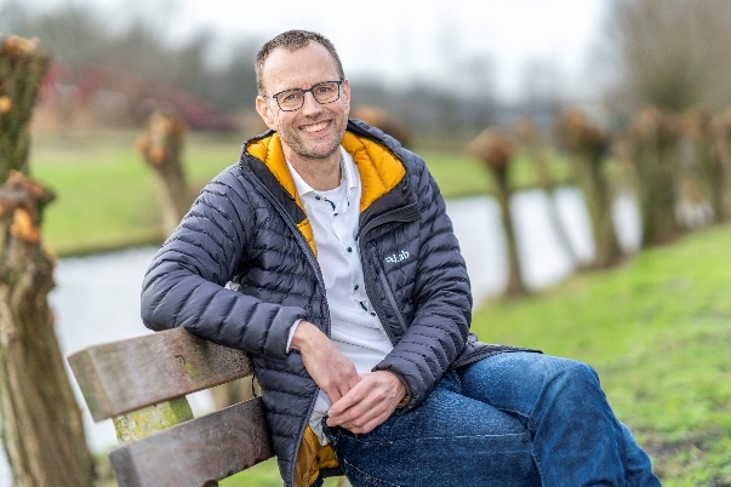
Professor Bogaard is a distinguished hydrologist and geomorphologist based at Delft University of Technology (TU Delft), where he contributes groundbreaking research in water sciences. He also serves as a visiting professor at Kasetsart University in Thailand, further enriching his global perspective on hydrological challenges.
As HELPING Chair, Thom will lead efforts to advance the goals of the HELPING Decade. His responsibilities will include:
- Promoting the HELPING Decade within the IAHS community and beyond.
- Coordinating Working Group activities through collaboration with Theme Leaders Justin Sheffield, Ana Mijic, and Adeyemi Olusola.
- Synthesizing and leading the publication of community papers, fostering impactful scientific contributions from the Decade.
- Reporting on the HELPING process to the IAHS Bureau at their meetings twice a year.
The role of the HELPING Chair is a two-year term, and Thom is keen to engage with the IAHS community. He shares:
"I look forward to interacting and learning from you all."
Let’s extend a warm welcome to Thom as we embark on this next chapter of the HELPING Decade!
New program format for the IAHS Scientific Assembly

Preparation for the XIIth IAHS Scientific Assembly, 5-10 October 2025 is continuing at full speed. The Assembly will be jointly organized by the Indian Institute of Technology Roorkee, in coordination with the National Institute of Hydrology Roorkee, Irrigation Research Institute Roorkee and CBRI–Central Building Research Institute (CBRI) Roorkee, four leading institutions in the field of water resources in India.
The IAHS Scientific Assembly will experiment with an innovative format aiming to underline the importance of the discipline of Hydrology and to increase the visibility of the next generation of hydrologists.
The main innovation is that the Assembly will be held in plenary, without parallel sessions, thus increasing the interaction and audience size for all oral presentations. This choice is expected to produce more engaging presentations, to increase the visibility of the speakers and to increase the awareness that we are all part of the same discipline.
The second innovation is that all participants will have an oral slot in the plenary. This choice will secure the visibility of early career scientists. In order to guarantee an oral slot for all participants, two contributions will be available: oral contribution (15 minutes duration), and forum contribution (1 minute duration).
The forum contribution may be a plenary flash presentation, traditional poster or poster with video-interview. Authors that opt for the latter will be interviewed in front of their poster (3 minutes duration) and the video will be posted on the IAHS-YouTube channel.
Since the innovative format would like to emphasize that hydrology is a unique discipline, the third main innovation is that there will not be a Call for Sessions. The scientific program of the IAHS Scientific Assembly will cover all the various scientific initiatives of IAHS:
- Continental Erosion (ICCE)
- Coupled Land-Atmospher Systems (ICCLAS)
- Groundwater (ICGW)
- Human-Water Feedbacks (ICHWF)
- Remote Sensing (ICRS)
- Statistical Hydrology (ICSH)
- Snow and Ice Hydrology (ICSIH)
- Surface Water (ICSW)
- Tracers (ICT)
- Water Quality (ICWQ)
- Water Resource Systems (ICWRS)
- The Unsolved Problems in Hydrology – (23 sub-flags for selecting the specific question)
- Measurements and Observations in the XXI century (MOXXI)
- Citizen and Hydrology (CANDHY)
- Global and local interactions (HELPING Theme 1)
- Holistic solutions for water security (HELPING Theme 2)
- Cross-Cutting Goals (HELPING Theme 3)
In addition to keynote speeches, technical presentations, and panel discussions, the conference includes field visits, workshops, and training programs.
Instead of parallel meetings, we will have pre-event meetings as side events. Therefore interested leaders of International Commissions, Working Groups and Committee Leaders should reach out to the IAHS Secretariat or Secretary General as soon as possible so that facilities can be provided and participants can arrange their stay accordingly. Side event details will be posted on the IAHS2025 website as soon as they’re confirmed, so stay tuned!
Abstract submission will open soon as well as travel grant opportunities.
Join us in India next year for what promises to be an engaging and transformative event for the hydrological sciences!
Call for Nominations - The International Hydrology Prize, Tison and Falkenmark Awards
The prestigious 2024 International Hydrology Prize medals were presented earlier this month at the IWRM/STAHY/EBHE joint meeting in Florianópolis, Brazil. We extend our congratulations to Dooge medal recipient, Lena Merete Tallaksen (Norway) and Volker medal recipient, Heidi Kreibich (Germany).
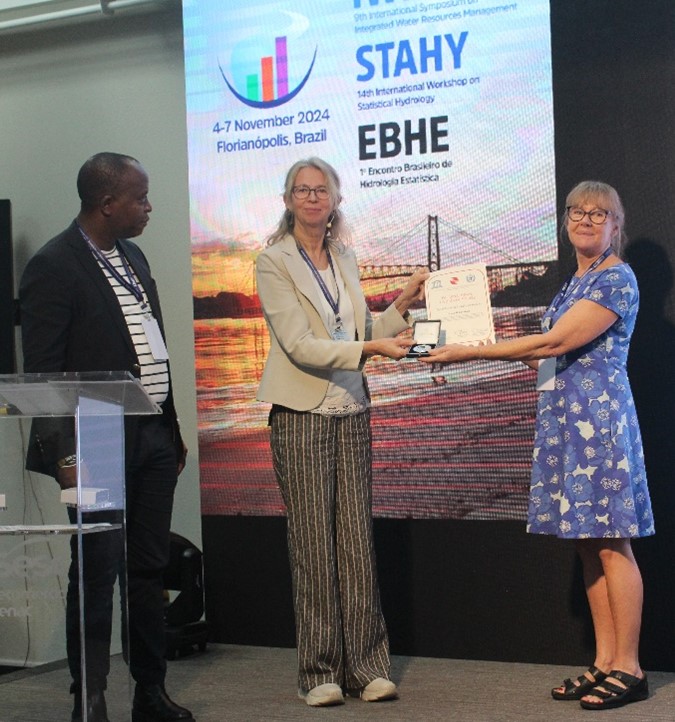
Lena Merete Tallaksen receiving the Dooge medal from Berit Arheimer (President IAHS) and Jean-Marie Kileshye Onema (Secretary General IAHS)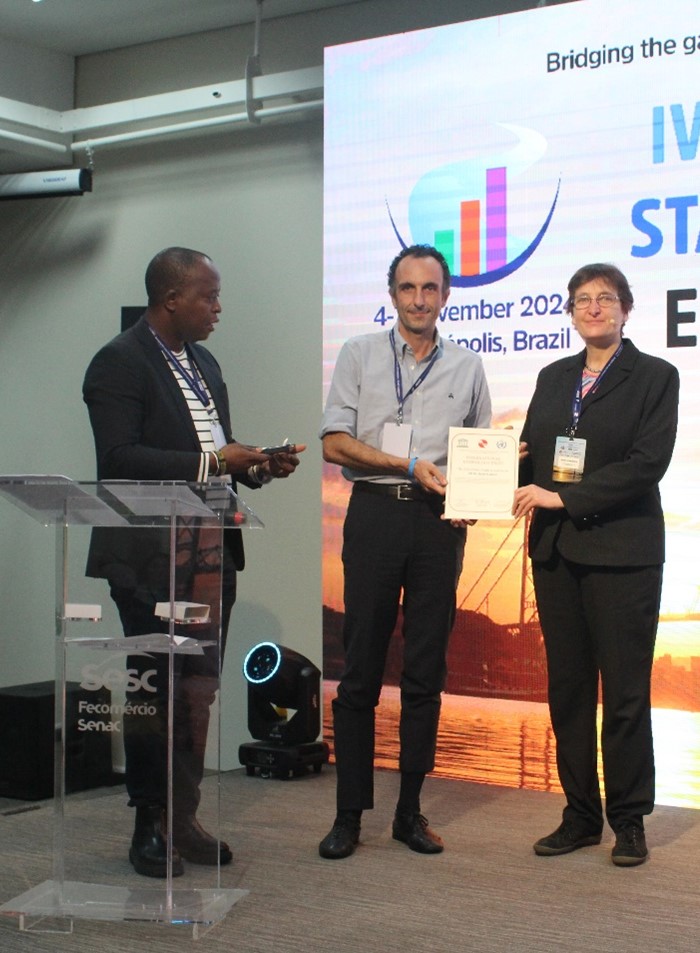
Heidi Kreibich receiving the Volker medal from Salvatore Grimaldi (President-Elect IAHS) and Jean-Marie Kileshye Onema (Secretary General IAHS)
Nominations are now being accepted for the 2025 International Hydrology Prize.
This prize is awarded annually by IAHS, with UNESCO and WMO, to two people who have made an outstanding contribution to hydrological science. Two medals are awarded under the International Hydrology Prize: the Dooge Medal and the Volker Medal. Both medals are intended to distinguish outstanding achievements by hydrological scientists but with a different focus. The Dooge medal is aimed at fundamental contributions to the science of hydrology, whereas the Volker medal is aimed at outstanding applications of hydrological science for the benefit of society at large. More information, including the list of previous awards and the nomination process, is available here.
Nominations for the Prize should be forwarded to one of the National Representatives. Any such Representative can be approached, not only the ones representing your country. The list of representatives is found HERE. In addition, National Committees to the UNESCO-IHP or National Hydrological Advisors to the WMO can nominate. All nominations are forwarded to the Secretary General of IAHS for consideration by the Evaluation Committee. The Committee consists of the President and a Vice-President of IAHS and representatives of UNESCO and WMO
Nominations are also being accepted for IAHS Tison and Falkenmark Awards. The Tison award is granted for an outstanding paper published by IAHS in a period of two years prior to the deadline for nominations. More information, including the eligibility criteria and list of previous awards, is available here. The IAHS Falkenmark Award is for best PhD thesis from a nominee who grew up in and recently performed the PhD work in one or more financially disadvantaged countries. For more information see here.
Nominations for all of the awards should be received by the Secretary General, Jean-Marie Kileshye Onema at [email protected], no later than 31 December 2024.
Secure your seat for the HELPING conference, 26 November 2024
Please be reminded to complete this registration form to secure your spot at this year's online HELPING conference, 26 November 2024 (13:00 - 16:00 CET). The final program is now available and addresses core elements of HELPING, individual Working Group activities and achievements, as well as parallel discussions on the next steps for each Theme. If you cannot access the Google Form, please contact [email protected] and assistance will be offered to you.

Discover the website of IAHS 2025 Scientific Assembly in Roorkee
Preparation for the XIIth IAHS Scientific Assembly, 5-10 October 2025 is at full speed. This event will be an experiment in community building by having all presentations in Plenum to encourage more joint scientific discussions within the hydrological society. We will allow more time for in-depth conceptual understanding as well as plenty of flash presentations of ongoing work and new results.
Suggest pre-events now!
Instead of parallel meetings, we open for pre-event meetings as side events. Therefore interested leaders of International Commissions, Working Groups and Committee Leaders should reach out to the IAHS Secretariat or Secretary General as soon as possible so that facilities can be provided and participants can arrange their stay accordingly. Side event details will be posted on the website as soon as they’re confirmed, so stay tuned!
Join us in India next year for what promises to be an engaging and transformative event for the hydrological sciences!
Final program for the online HELPING conference, 26 Nov 2024
Please be reminded of the upcoming online HELPING conference, 26 Nov 2024 (13:00 - 16:00 CET). The final program is now available, addressing core elements of HELPING, individual Working Group activities and achievements, as well as parallel discussions on the next steps for each Theme. The program opens for engagement and interactions between participants. Please complete this registration form to secure your spot at this year's event. If you cannot access the Google Form, please contact [email protected] and assistance will be offered to you.
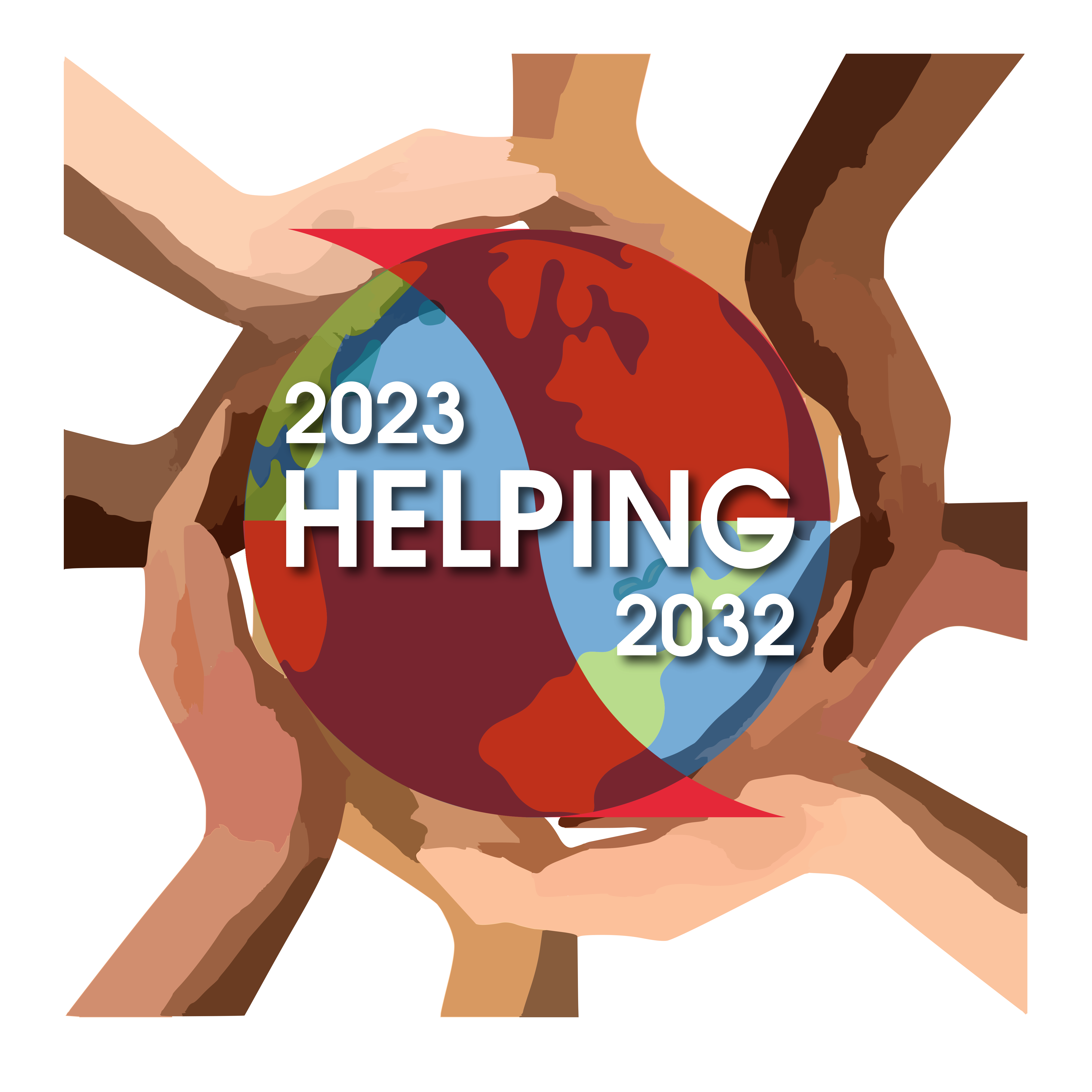
Call for Nominations: Tison and Falkenmark Awards
Nominations are now being accepted for the IAHS Tison and Falkenmark Awards.
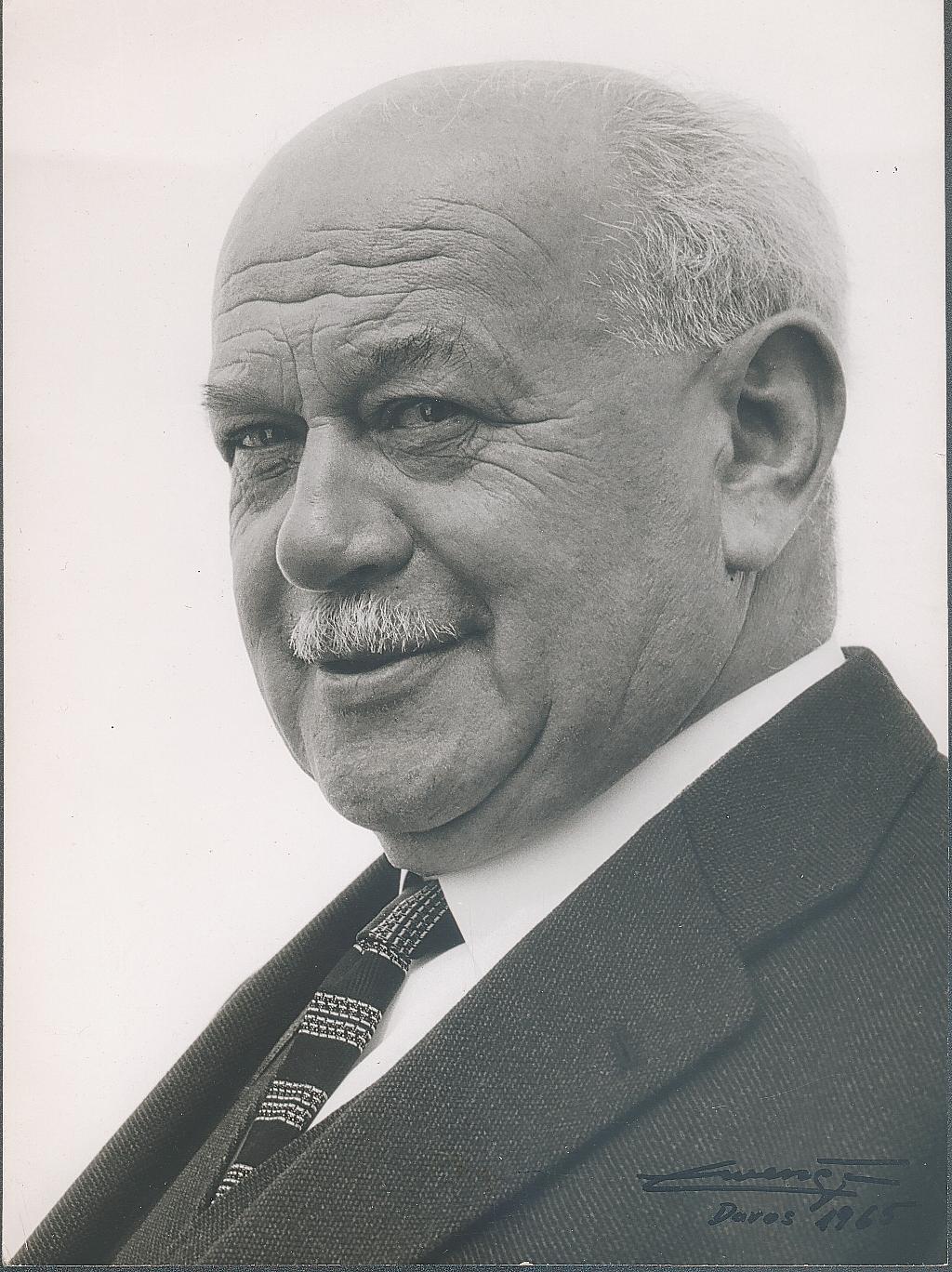
Léon Tison was a former Secretary-General and Honorary President of the International Association of Hydrological Sciences. The Award was established in 1982 and aims to promote excellence in research by young hydrologists. The Award will be granted for an outstanding paper published by IAHS in a period of two years previous to the deadline for nominations. More information, including the eligibility criteria and list of previous awards, is available here.
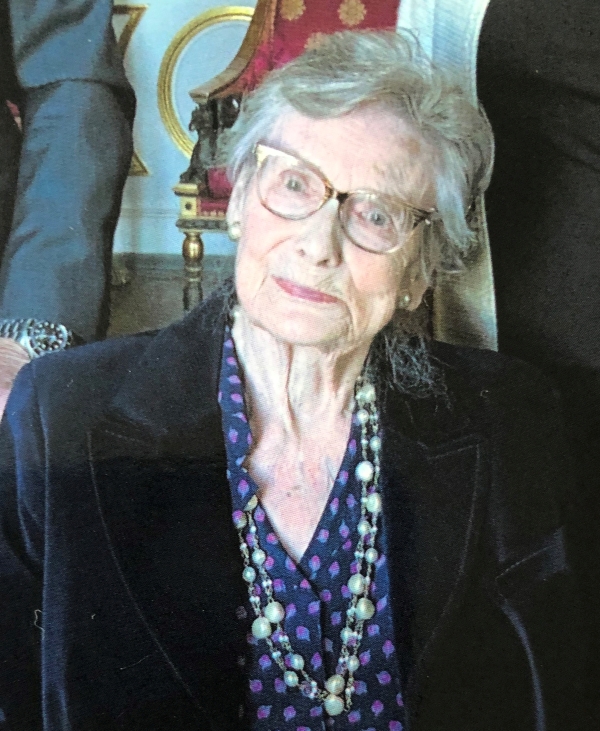
Established in 2022 and named in honour of the late Malin Falkenmark, a professor of Applied and International Hydrology. She was best known for her long-standing work and expertise on the sustainable use of water resources to meet human and ecosystem needs. Her work is characterized by pioneering integration of both natural- and social-science approaches in global perspectives. She was particularly known for developing the Falkenmark Water Stress Indicator, concepts of Blue and Green water and Comparative hydrology. The IAHS Falkenmark Award is for best PhD thesis from a nominee who grew up in and recently performed the PhD work in one or more financially disadvantaged countries. More information, including the eligibility criteria and list of previous awards, is available here.
Nominations for both of the awards should be received by the Secretary General, Jean-Marie Kileshye Onema at [email protected], no later than 31 December 2024.
Call for Nominations - The International Hydrology Prize
Nominations are now being accepted for the IAHS International Hydrology Prize.
This prize is awarded annually by IAHS, with UNESCO and WMO, to two people who have made an outstanding contribution to hydrological science. Two medals are awarded under the International Hydrology Prize: the Dooge Medal and the Volker Medal. Both medals are intended to distinguish outstanding achievements by hydrological scientists but with a different focus. The Dooge medal is aimed at fundamental contributions to the science of hydrology, whereas the Volker medal is aimed at outstanding applications of hydrological science for the benefit of society at large. More information, including the list of previous awards and the nomination process, is available here.
Nominations for both of the awards should be received by the Secretary General, Jean-Marie Kileshye Onema at [email protected], no later than 31 December 2024.
